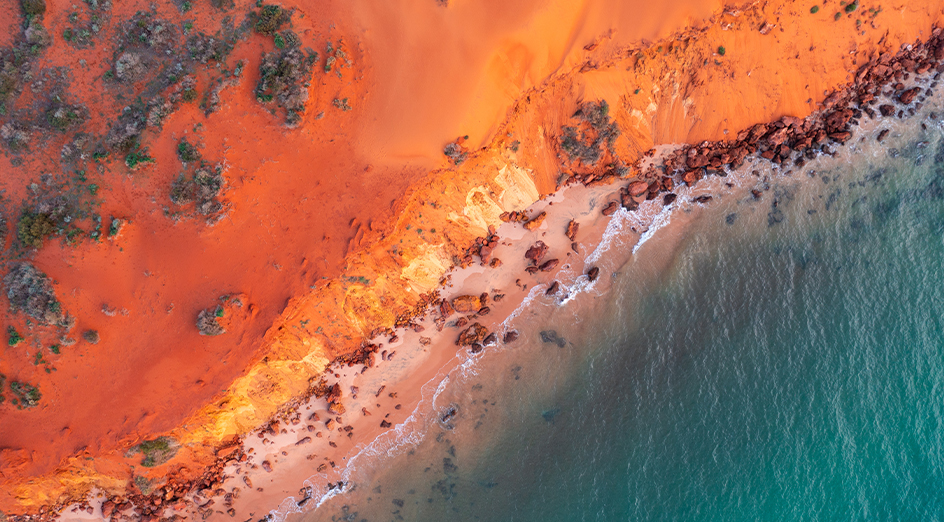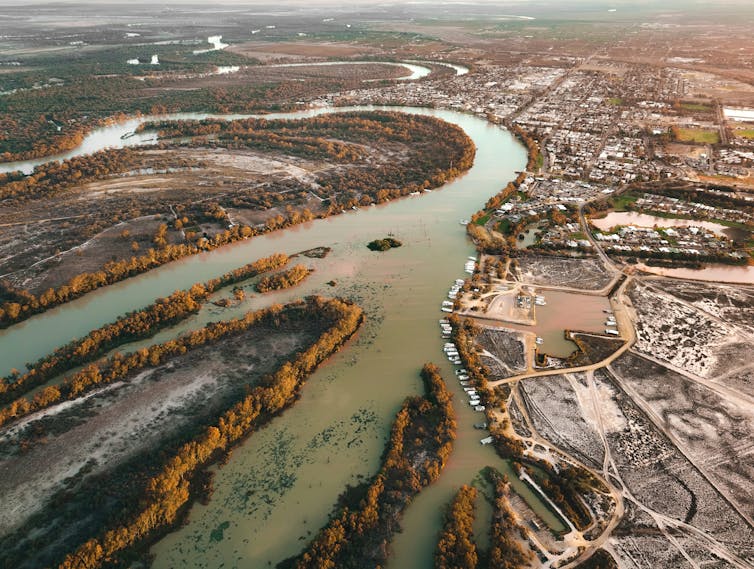Audiences are invited to share in a living memory from a period of climatic change that rivals what we are seeing today, at the film premiere of Mammung, next Tuesday 10 October.
“This will be an experience that invites us all to learn from this extraordinary body of knowledge, as we adapt to our own changing climate in the present day. We expect it will be a powerful evening.”
Associate Professor Nicki Mitchell, UWA Oceans Institute Acting Director.
Mammung, the Noongar name for whale, tells of the story of Western Australia 10,000 years ago, when rapid rising sea levels forced the Indigenous population to adapt to the loss of almost 30 per cent of their land.
Indigenous cultures in Australia are one of the very few that have a living memory of this event, and the film explores the experience of the Noongar people’s journey of survival inland ahead of a “slow moving tsunami”.
In the short documentary, Aboriginal Elder Dr Noel Nannup explains the significance of places which are now under the sea, and the extreme environmental change Indigenous people endured, through the dreaming story of Mammung the whale.

Associate Professor Mick O’Leary from UWA’s School of Earth Sciences, who appears in the film, said generations of people would have made the retreat inland and to higher ground.
“The First Peoples of Australia have a deep time cultural connection to the most cataclysmic climate event in all human history – the termination of the last ice age which saw global sea levels rise by as much as 130 metres,” Associate Professor O’Leary said.
“The rising seas inundated their homelands, cutting off spiritually and culturally significant sites and places whose cultural connections had spanned countless thousands of generations.”
Also featured in the film are Aboriginal Elders Professor Anne Poelina and Aunty Lynette Knapp, and UWA researcher Professor Stephen Hopper from UWA Albany.
The film premiere event will close the first day of the , where researchers and practitioners across Country, academia, government, industry and community will come together to share their knowledge with a strong focus on Western Australian ecosystems.
All delegates from the Biodiversity Conference, around 100 of whom are Indigenous, have been invited to the premiere which has been sponsored by UWA’s Oceans Institute.
UWA Oceans Institute Acting Director, Associate Professor Nicki Mitchell, said the film would be followed by a Q&A session, hosted by Professor Peter Veth, from UWA’s School of Social Sciences, and joined by director Maevia Griffiths and producer Lillian Robb via a live stream from Copenhagen.
“This will be an experience that invites us all to learn from this extraordinary body of knowledge, as we adapt to our own changing climate in the present day,” Associate Professor Mitchell said.
“We expect it will be a powerful evening.”
Drinks will be held 30 minutes before and after the event and tickets are available .








